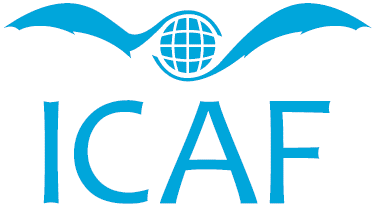Assessment of chromate free alternatives As paint primersPaper: not available PPT: Jay N. Patel Affiliation: QinetiQ, Farnborough, UK Abstract: Chromate-based primers are widely used on aircraft to protect the aluminium structure from corrosion. Strontium chromate compound has been authorised under REACH legislation but the authorisation is time limited to 7 years, from the sunset date of January 2019. A search for chromate-free alternatives is known to be conducted by the various aircraft manufacturers. However, this effort is considered to be largely confined to new rather than legacy aircraft. A suitable alternative found may be unique for the aircraft manufacturer and which may not be appropriate for the military fleet that operates aircraft from several different manufacturers. The current UK National Standard for procuring paint primers, BS 2X 33, specifies a strontium chromate formulated product. In addition, the corrosion test specified in BS 2X 33 is also considered to be affected by REACH legislation. It is also widely considered that the set of standardised current test methods would not adequately predict the performance of the novel chromate-free primers. A new or revised standard is required for chromate-free primers that is acceptable nationally. There is therefore a requirement to (a) evaluate suitable test methods and (b) to use the developed test protocol for evaluating chromate-free primers for aerospace purposes. For this purpose, a draft test protocol was agreed with stakeholders including aircraft manufacturers’, paint manufacturers’ and interested members of British Standard Committee responsible for paints for aerospace purposes. The test programme comprised of tests for assessing colour, gloss, artificial and natural weathering, adhesion, flexibility, fluid resistance and corrosion resistance properties. Some of the corrosion tests were conducted with exposure periods up to 6000 hours and included the chromate containing primer that was used as a control, to compare the results from the chromate-free products. The candidate products were applied onto un-treated 2024-T3 and 7075-T6 aluminium as well as commercially available chromate-free pre-treatments for aluminium alloys. The laboratory work is nearing completion with a report being prepared. Simultaneously, the test programme and the results obtained are expected to be used for drafting a new national standard for chromate-free primer paint system for aerospace purposes. |

ICAF 2023
Delft, The Netherlands, 2023